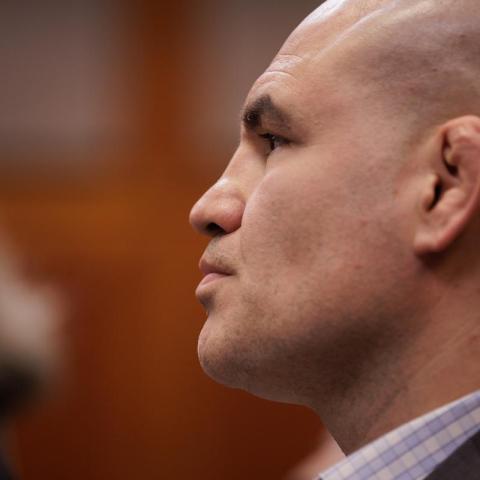President Trump recently advised his Cabinet secretaries to take charge of staffing and budget decisions in their agencies. He made it clear that while Elon Musk and his team at the Department of Government Efficiency (DOGE) can make suggestions, they do not hold decision-making power. This shift may help the Trump administration defend itself in ongoing lawsuits questioning Musk’s authority.
During a meeting with agency leaders, Trump indicated that they should keep control of their personnel choices. He urged them to maintain essential staff instead of resorting to mass layoffs. According to sources, Trump emphasized the need for careful decision-making, hinting at a more measured approach instead of drastic cuts.
Musk, who attended the meeting, reportedly agreed to defer to agency heads regarding staffing matters. Some officials had expressed concerns that Musk was overstepping his bounds, leading to the meeting where Trump reassured them about their authority. Lawmakers like Senate Majority Leader John Thune raised alarms about Musk’s influence and the impact of his actions on the workforce.
This clarification from Trump is significant, especially with several lawsuits challenging Musk’s role at DOGE and its implications for government operations. The administration has claimed in court filings that Musk is not above other advisors and cannot unilaterally decide on government matters.
Despite these reassurances, Trump also noted that Musk would still monitor decisions and could intervene if necessary. “If they can cut, it’s better,” he mentioned, indicating that while Cabinet members should lead, DOGE’s input would still play a role.
The administration is currently facing challenges related to the executive decisions made by DOGE, including the widespread cuts that have negatively affected many workers. Advocacy groups have responded with lawsuits that argue Musk’s approach is outside the bounds of law, describing it as “lawless.” These cases could have major implications, demanding everything from access to government data to questioning DOGE’s legitimacy.
As new developments arise, it’s unclear how this directive will translate into real changes within the departments. Will officials prioritize retaining skilled workers? Or will the sweeping cuts persist? The outcome could reshape the federal workforce landscape, especially in key agencies like the Department of Veterans Affairs and the Securities and Exchange Commission.
In addition, Trump’s meeting followed Musk’s outreach to Republican lawmakers, where he expressed a desire to improve communication about DOGE’s initiatives. This signals a recognition of the need for transparency as concerns grow among constituents about the agency’s direction. Musk’s involvement in government activities continues to stir public conversation, leading to further scrutiny and legal actions regarding the extent of his influence.
As the situation evolves, observers will be watching closely to see how this will affect staffing decisions and whether there will be any movement toward re-hiring those let go during DOGE’s reforms.
Source link
donald trump,elon musk,doge,federal worker firings,government worker layoffs,trump administration,federal agencies,is elon musk running doge,who









